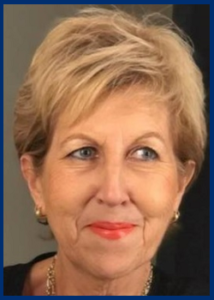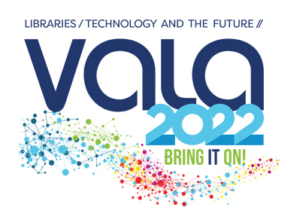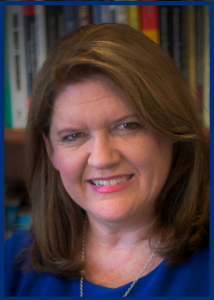Open at both ends: how a remixed OER project expanded the inner world of an Australian university’s Library Services team
VALA2022 CONCURRENT 1
Tuesday 14 June 2022, 12:00 – 12:30
Wendy Hargreaves
- Learning Advisor
- University of Southern Queensland
Debi Howarth
- Head, Learning and Language Services
- Torrens University
Please tag your comments, tweets, and blog posts about this session: #vala2022 #os1
Read the paper here:
Abstract
The past 15 years have seen a global increase in the production of Open Educational Resources (OER), yet one option for producing OER has lagged notably — the remixed resource. This paper adds to understanding of the processes and benefits of remixing by recounting the experiences of a Library Services team at the University of Southern Queensland (USQ) who developed a remixed resource on academic skills for Australian tertiary students. The influence of the resultant textbook spread not only through the outer world, but also through the inner world of its creators in an academic library.
Biography
Dr Wendy Hargreaves joined the University of Southern Queensland in September 2020 as a learning advisor. She worked previously as a research assistant and has had a long teaching career as a music educator in primary, secondary and tertiary institutions. She has multiple publications on jazz vocal improvisation and is now venturing into new fields including the development of open educational resources. Wendy’s passion for learning and teaching is evident in her work and in her recent project, USQ’s Open Educational Resource textbook Academic Success. Wendy coordinated the development of Academic Success overseeing more than 20 writers and a tight production schedule. She was instrumental in the submission of Academic Success to the OEG Awards and assisted with a video production for that award.
 Debi Howarth is an experienced higher education manager, currently managing a team of academic classified staff at USQ. She has over a decade of academic teaching experience and several years as a learning and teaching specialist in academic libraries. She has extensive off shore experience in internationalising education and an avid interest in the ‘open’ agenda, seeing it as a way for the academic library to demonstrate its capacity to lessen the equity gap for both mainstream and marginalised students. Debi continues to see the academic library as the ‘heart of the university’ through her contributions to the teaching and learning working party of QULOC, and as a member of the Regional Universities Network, Academic Student Success Advising Project, she contributes to aligning academic study support with student advising and coursework. Debi co-authored the Griffith University Academic Skills Model with Nicholas Charlton and presented at the 2016 ALIA Conference on communicating academic library impact through visualisation. She presented at the Association for Academic Language and Learning 2019 conference on feedback literacy, and will present at the 2021 conference on piloting an applied numeracy framework within learning advising.
Debi Howarth is an experienced higher education manager, currently managing a team of academic classified staff at USQ. She has over a decade of academic teaching experience and several years as a learning and teaching specialist in academic libraries. She has extensive off shore experience in internationalising education and an avid interest in the ‘open’ agenda, seeing it as a way for the academic library to demonstrate its capacity to lessen the equity gap for both mainstream and marginalised students. Debi continues to see the academic library as the ‘heart of the university’ through her contributions to the teaching and learning working party of QULOC, and as a member of the Regional Universities Network, Academic Student Success Advising Project, she contributes to aligning academic study support with student advising and coursework. Debi co-authored the Griffith University Academic Skills Model with Nicholas Charlton and presented at the 2016 ALIA Conference on communicating academic library impact through visualisation. She presented at the Association for Academic Language and Learning 2019 conference on feedback literacy, and will present at the 2021 conference on piloting an applied numeracy framework within learning advising.
![]()
This work is licensed under a Creative Commons Attribution-NonCommercial-NoDerivs 3.0 Unported License


